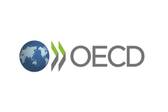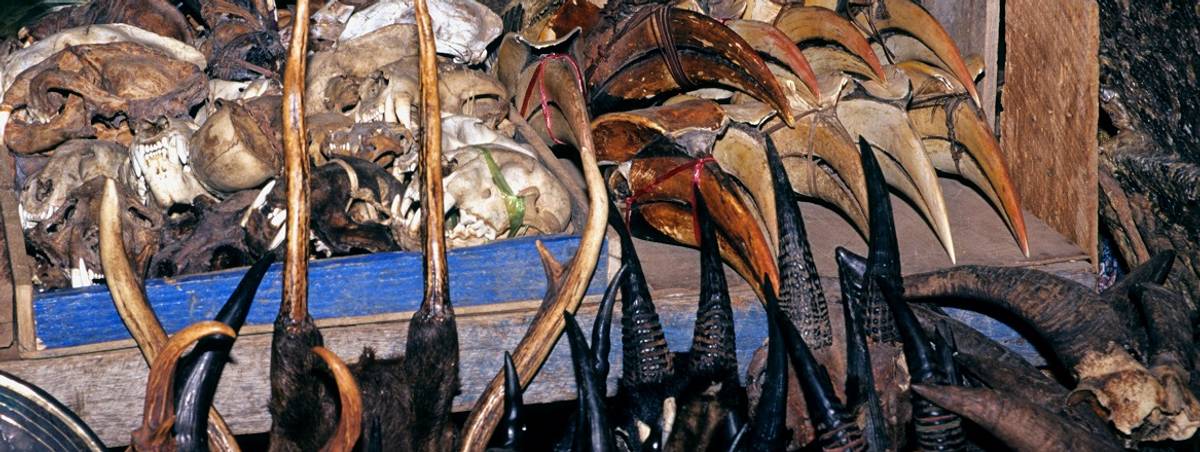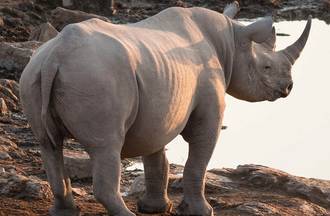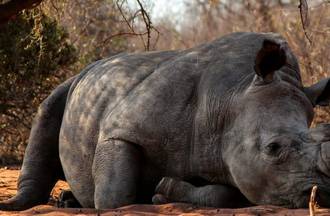Corruption as an Enabler of Wildlife Trafficking
Primary research in Kenya, Tanzania, Uganda and Zambia called for anti-corruption efforts to be placed front-and-centre of our collective response to wildlife trafficking.
Corruption is a key enabler and facilitator of wildlife trafficking. Failures to address corruption, and the institutional and governance gaps that allow it to thrive, have created major obstacles in combatting this lucrative transnational crime.
This project involved significant primary research in Kenya, Tanzania, Uganda and Zambia, analysing the specific ways in which corruption facilitates wildlife trafficking. It aimed to enhance current understanding of corruption risks around wildlife trafficking in these crucial source and transit countries, principally through in-depth analysis of the structural vulnerabilities that exist within relevant institutions along supply chains. On this basis, the project offers a series of specific recommendations, calling on governments, donors and intergovernmental organisations to place anti-corruption efforts at the centre of our collective response.
Project sponsor
Organisation for Economic Cooperation and Development (OECD)
This project was sponsored by Organisation for Economic Cooperation and Development (OECD)
Project outputs
Numerous knowledge gaps exist around the specific pathways and vulnerabilities to corruption confronting key source and transit countries in the global illegal wildlife trade. To address these knowledge gaps, RUSI led research for the OECD during 2017–2018 on the nexus between corruption and wildlife trafficking in East and Southern Africa, resulting in the report ‘Strengthening Governance and Reducing Corruption Risks to Tackle Illegal Wildlife Trade’. The effort involved a comprehensive literature review, open-source media mapping and 90 semi-structured interviews across Kenya, Tanzania, Uganda and Zambia.
The research sought to go beyond the use of ‘corruption’ as a catch-all term, to consider the different manifestations and dynamics of corrupt activity playing out in each of the focus countries. In the process, it assessed how corruption risks and dynamics vary by stages in the supply chain, by species as well as by public-sector institution.
The findings point to the role of multiple factors in influencing the precise forms of corruption witnessed, including species-specific considerations, institutional factors and significant regional variations at each stage of the supply chain. The final report presents recommendations to assist domestic and external actors in addressing corruption risks explicitly, as a central part of broader counter-wildlife trafficking programming. It calls for a wholesale shift in the way we respond to wildlife trafficking, with corruption remaining central to our collective approach.
In 2020, RUSI and the World Wide Fund for Nature (WWF) released a follow-up research output for the USAID project Targeting Natural Resource Corruption, exploring the need for financial approaches to corruption.

This report provides a structured analysis of how corruption facilitates wildlife crime based on research in four source and transit countries in East and Southern Africa.








